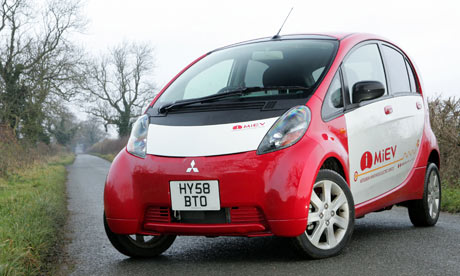President Obama's order to the Environmental Protection Agency to review whether to grant a government waiver that could allow California to pass tougher fuel economy and emission standards for automakers than the federal government could significantly change the vehicle choices consumers have in the next decade.
If the EPA grants California a waiver, the move would allow the state to require that vehicles achieve fuel economy equivalent to 35 miles per gallon by 2017, three years earlier than mandated by a federal regulation passed in 2007. The new fleet average would be 42.5 mpg by 2020.
California also would make it tougher in some ways for the auto companies to meet the state regulation than the federal one. That's because carmakers have been preparing to meet the new federal standard with future vehicle plans that include smaller engines, electric vehicles, and hybrids. But the phase-in of the California plan starting in 2011 and accelerating to 2017, they say, could force rapid price hikes on vehicles and slam automakers already hurting from the global recession. Under the rules, the auto companies would have to invest far more in new technology.
Read in full - 'How California Could Affect Car Choices'
-







